- What is Ocean Acidification?
- Phytoplankton Make Oxygen
- CO2 on the Rise
- Impacts of Ocean Acidification
- Osteoporosis of Sea Life
- What You Can Do
The burning of fossil fuels is having dramatic impacts on our planet, and irrevocable changes are already underway. Carbon dioxide (CO2) is one of the compounds of greatest concern with regard to the health of our ocean.
The ocean absorbs between 20-35% of anthropogenic CO2 emissions. One of the consequences of this excess CO2 is a lowering of ocean pH, making ocean water more acidic and less hospitable to marine life.
The ocean absorbs between 20-35% of anthropogenic CO2 emissions. One of the consequences of this excess CO2 is a lowering of ocean pH, making ocean water more acidic and less hospitable to marine life.
We Need Oxygen
70% of the air we breathe is produced by marine plants—like phytoplankton, kelp, and algal plankton—through photosynthesis.
Acidification has the potential to affect the core of this system by disrupting the ability of marine life to produce oxygen.
Ocean acidification may have a strong negative impact on many phytoplankton and zooplankton species that form the base of the marine food chain.
Acidification has the potential to affect the core of this system by disrupting the ability of marine life to produce oxygen.
Ocean acidification may have a strong negative impact on many phytoplankton and zooplankton species that form the base of the marine food chain.
A growing problem
Ocean acidification is happening faster than projected, causing irreversible damage to many species and habitats.
The atmospheric concentration of CO2 is just over 400 parts per million (ppm) today; if left unaddressed it is projected to reach over 450 ppm in the next 30 years, which many scientists believe will lead to a collapse of ocean ecosystems.
The atmospheric concentration of CO2 is just over 400 parts per million (ppm) today; if left unaddressed it is projected to reach over 450 ppm in the next 30 years, which many scientists believe will lead to a collapse of ocean ecosystems.
Shells: Harder to Build and Easier to Dissolve
CO2 reduces calcium carbonate, which creatures need to form shells and build reefs. In some cases, existing shells will start to dissolve when the pH is lowered and acidity is increased.
Organisms with hard shells are more likely to be affected, including lobsters, snails, starfish, oysters, and clams, and the affects are not only damaging to individual species but to entire ecosystems.
Coral reefs are especially vulnerable. They extract calcium carbonate from the water in order to build their skeletons. When there is not enough calcium carbonate available, many corals and reefs break down and dissolve.
Furthermore, many organisms that inhabit coral reefs are dependent on other reef-dwelling species. Once the symbiosis of the reef is disrupted, the entire reef can start to collapse, particularly once the corals themselves are threatened with acidification.
Some 500 million to 1 billion people worldwide depend on the ecosystem services that coral reefs provide—fisheries, protection from waves and storms, new medicines, etc. These services that reefs provide, entirely for free, are estimated to be worth $1 trillion annually—at a minimum.
Organisms with hard shells are more likely to be affected, including lobsters, snails, starfish, oysters, and clams, and the affects are not only damaging to individual species but to entire ecosystems.
Coral reefs are especially vulnerable. They extract calcium carbonate from the water in order to build their skeletons. When there is not enough calcium carbonate available, many corals and reefs break down and dissolve.
Furthermore, many organisms that inhabit coral reefs are dependent on other reef-dwelling species. Once the symbiosis of the reef is disrupted, the entire reef can start to collapse, particularly once the corals themselves are threatened with acidification.
Some 500 million to 1 billion people worldwide depend on the ecosystem services that coral reefs provide—fisheries, protection from waves and storms, new medicines, etc. These services that reefs provide, entirely for free, are estimated to be worth $1 trillion annually—at a minimum.
Under normal conditions, the ocean is saturated with calcium carbonate which allows many organisms to build their shells. This carbonate saturation falls as carbon dioxide levels rise. The plants and animals that take up the dissolved carbonate and create shells from calcium carbonate are now threatened because of there is less calcium carbonate in the water.
Ocean acidification has been dubbed the osteoporosis of sea life because of how it is weakening shells.
Ocean acidification has been dubbed the osteoporosis of sea life because of how it is weakening shells.
